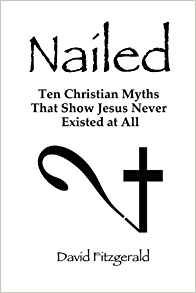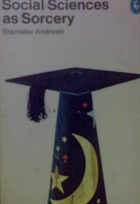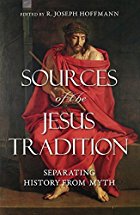
People get upset over the strangest little things. When Ronald Reagan took office in 1980, I recall the fervor with which his administration tried its best to “undo the horrors” of the Carter years. For example, almost immediately they ripped the solar panels off the White House roof and set aside plans to move the US to the metric system. I suspect they didn’t really hate solar power or particularly love feet and inches; they just hated the people who advocated those policies.
When you see people throw tantrums over seemingly unimportant things, you start to look for the underlying issues that the indicators signify. Of course it’s no mystery why fundamentalist Christians have been howling over the switch from AD (Anno Domini) to CE (Common Era) and BC (Before Christ) to BCE (Before the Common Era). For them it betokens the erosion of Christian supremacy in our culture. It indicates their loss of dominance in national affairs. And besides, they hate change. That much is understandable.
However, what are we to make of a non-believing, free-thinking professor who jumps on the bandwagon? Dr. Richard Carrier is last person I would have to expected see rending his clothing and sitting in sackcloth and ashes over what is essentially a simple unit of measure. He doesn’t just dislike the change in nomenclature — he hates it. Carrier tells us that CE and BCE “should be stuffed in a barrel filled with concrete and tossed to the bottom of the sea.” Wow. That’s the sort of vitriol I reserve for really important evils, such as flavored coffee or misplaced apostrophes. What’s the hubbub, bub? Continue reading “Uncommon Tantrums over a Common Era”




 Thanks to
Thanks to 